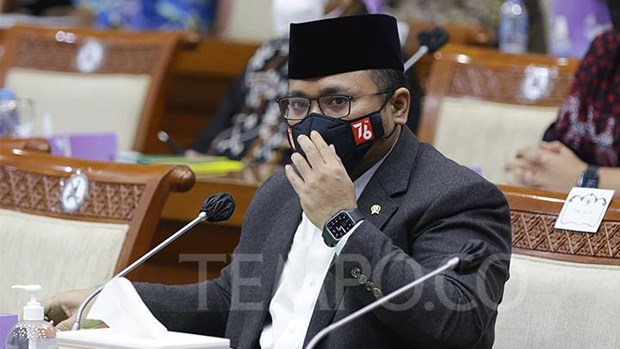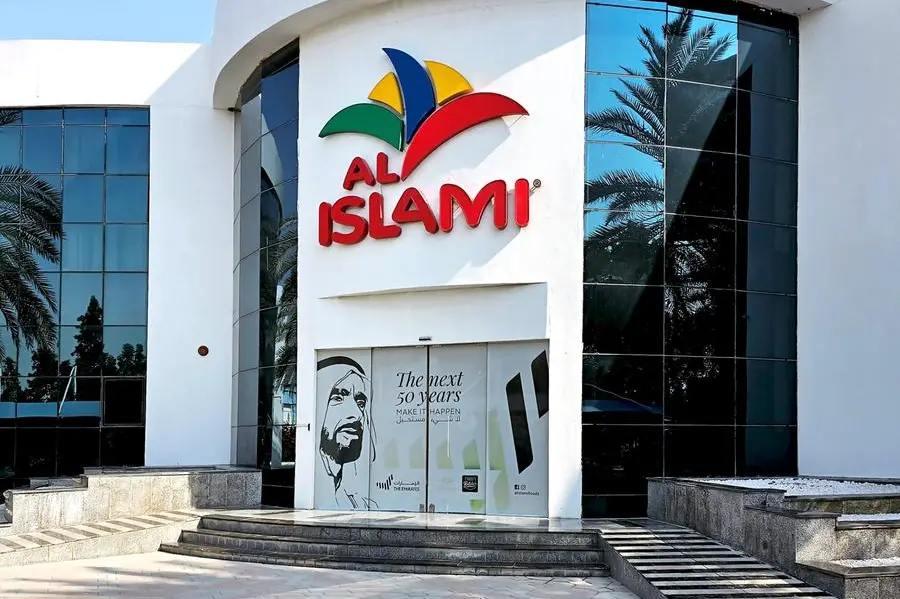Indonesia, for long the world’s largest halal products consumer, now wants the mantle of the top producer of Shariah-compliant goods.
Indonesia Halal industrial Clusters
The world’s largest Muslim-majority nation will set up four new halal industrial clusters this year in line with its plan to require all consumable products to secure halal certification by October 17, according to Ignatius Warsito, a director at the industry ministry. The clusters spread across the archipelago will have 50 to 500 hectares of land in each complex for producing halal products, he said.
With Muslims making up almost 90% of Indonesia’s 265mn population, policy makers are trying to make up for the lost time in tapping the global halal economy that has tripled to $6.4tn from 2012. The country can benefit from growing demand for halal food and beverages, Planning Minister Bambang Brodjonegoro told a conference in Jakarta last month.
“We hope the launch of these four pilot projects will attract others to follow suit and there will be more investment for developing halal products in Indonesia,” Warsito said in a phone interview on December 18. “We must be able to grow into the largest halal products producer, not only the largest consumer and become an export hub.”
Developing Halal Food and Beverage in Indonesia
Indonesia will start focusing on developing halal food and beverage as the industry’s manufacturing standards are considered among the best, Brodjonegoro said. Other prospective sectors include halal tourism, cosmetics, drugs and fashion, he said.
Indonesia’s halal food spending alone was $170bn in 2017, the highest among the top halal consuming nations including Turkey, Pakistan and Egypt, according to the State of the Global Islamic Economy Report.
Halal Economy
Promoting the halal economy will also help Southeast Asia’s largest economy to maintain macro stability and rein in its trade and current-account deficits, Brodjonegoro said. Indonesia must reverse its status as net importer of halal products to be net exporter, he said.
The focus on promoting halal consumer products comes as the nation’s Islamic finance industry languishes. Its slice of banking assets that comply with the ban on interest has hovered at around 5% for the past three years. Bank Indonesia is looking beyond typical banking products to help the Islamic finance industry reach its goal of reaching 20% of the total by 2023.
President Joko Widodo’s government is finalising a Shariah economy master plan that may be unveiled early this year, Brodjonegoro said.
“The master plan will outline the strategy to develop Indonesia’s halal products,” Brodjonegoro said. “The point is, Indonesia must be the main player, not only the main market for global halal products.”




